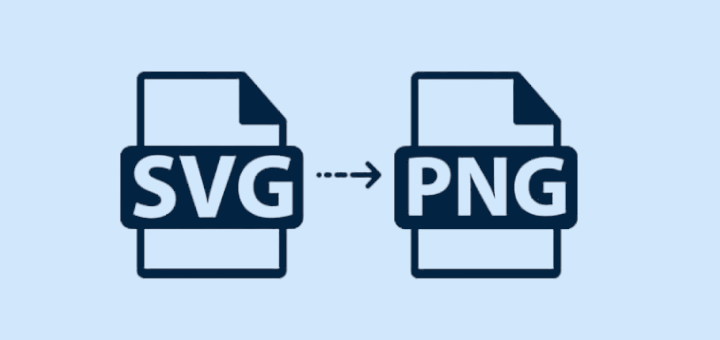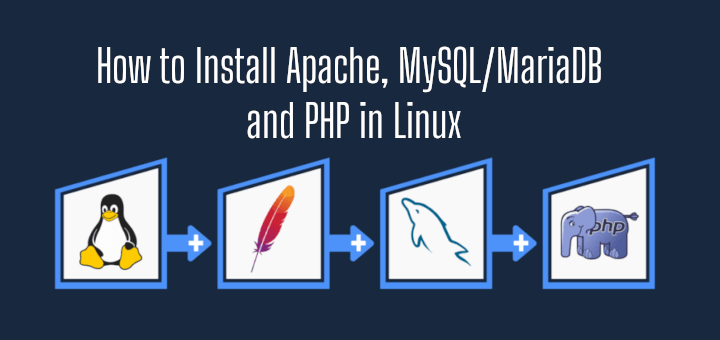The Canadian Radio-television and Telecommunications Fee (CRTC) has granted Google a five-year exemption via the nation’s On-line Information Act. Google has agreed to pay CAD 100 million yearly to the Canadian Journalism Collective (CJC), a federally integrated nonprofit group created to distribute funds allotted beneath the On-line Information Act. The CRTC additionally stipulated that extra information retailers be allowed to affix CJC to qualify for funds.
When you’re not a Canadian let me assist this make some extra sense. Canada handed the On-line Information Act to power firms like Google or Meta—which use small parts of reports articles in search outcomes—to barter a good value for using these snippets. The CRTC has determined that Google can pay CAD 100 million per 12 months to the CJC which can then disperse funds to information organizations affected by Google’s use.
It appears that evidently being suffering from forms isn’t unique to the U.S.
I am not a fan of legal guidelines like Canada’s On-line Information Act. I can let you know from expertise that changing into featured by an organization like Google is 100% a internet constructive, even when the corporate used a small portion of your textual content in a snippet or AI abstract. In my view, so long as Google hyperlinks again to the supply (it does) anybody eager about studying greater than a headline will comply with via to the unique supply.
No matter how I really feel about a lot of these legal guidelines, it’s the regulation in Canada, and corporations like Google, Apple, and Meta who combination and disseminate information summaries are certain by it. Different international locations have related legal guidelines.
I will additionally assume that these legal guidelines are in place as a result of authorities our bodies just like the CRTC imagine they serve the pursuits of the residents they’re charged with serving. Overlook about partisanship or left versus proper for a second; federal businesses are speculated to look out for our greatest pursuits no matter the place we dwell.
Then there’s the fact. Legal guidelines like Canada’s On-line Information Act are designed to prop up an business that is at present struggling by having firms which are struggling much less present funding. If a part of the rationale for the decline is that Google and Meta are “stealing” the synopsis of an article for his or her aggregation feed, that is advantageous. Google and Meta ought to compensate information organizations that present the content material from which they make an enormous revenue. My opinion that one might leverage being featured by Google or Meta in a profitable approach would not matter as a result of I’m not a authorities official.
It is the CRTC’s job to help information organizations, too. A information outlet isn’t a citizen, however there needs to be a authorities company that ensures issues are finished pretty by either side. The Canadian authorities has a duty to not let Canadian information organizations die. And no, that is not socialism; a authorities serving the pursuits of enterprise is the alternative, so save your remark.
I ask you then, was CAD 100 million sufficient? Is that quantity going to maintain Canada’s information business alive in occasions when Google and different tech firms “steal” their content material for monetary acquire? To Google, 100 million Canadian {dollars} is a laughable quantity. Google “earns” that a lot with out even making an attempt.
That is why I dislike a lot of these legal guidelines. Google needs to be pressured to permit firms to choose out of its search and information providers till it has reached an settlement with every particular person group. A smaller firm could solely be “value” paying $200,000 a 12 months to make use of its content material, whereas a big firm just like the NYT or Washington Put up can negotiate for extra. Having a lump sum paid out via one more authorities physique is one other approach Google wins even when it has misplaced.




















/cdn.vox-cdn.com/uploads/chorus_asset/file/23324425/VRG_ILLO_5090_The_best_Fitbit_for_your_fitness_and_health.jpg)

